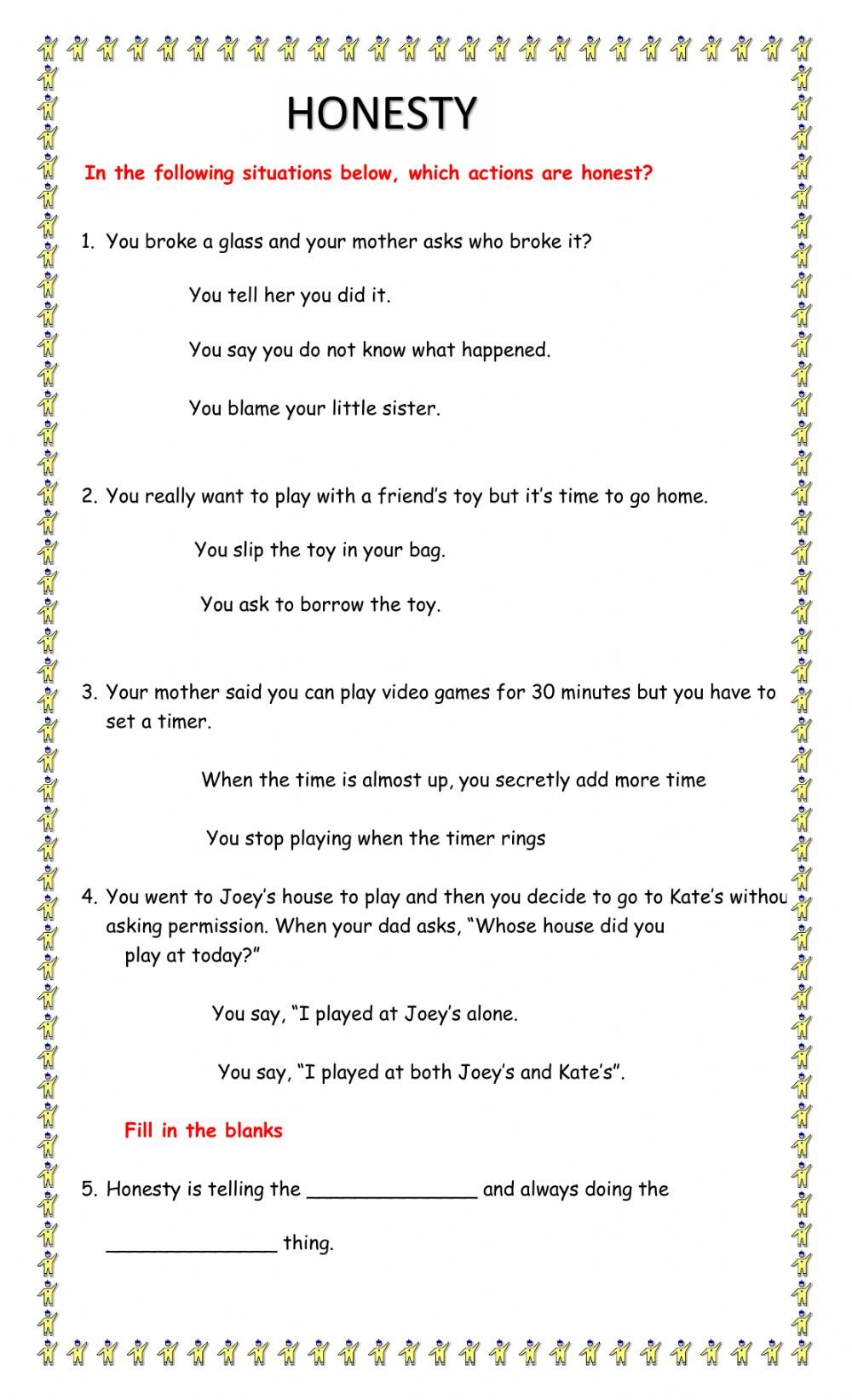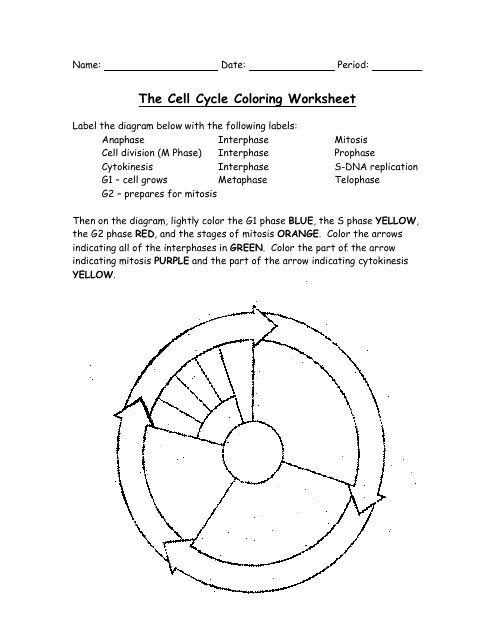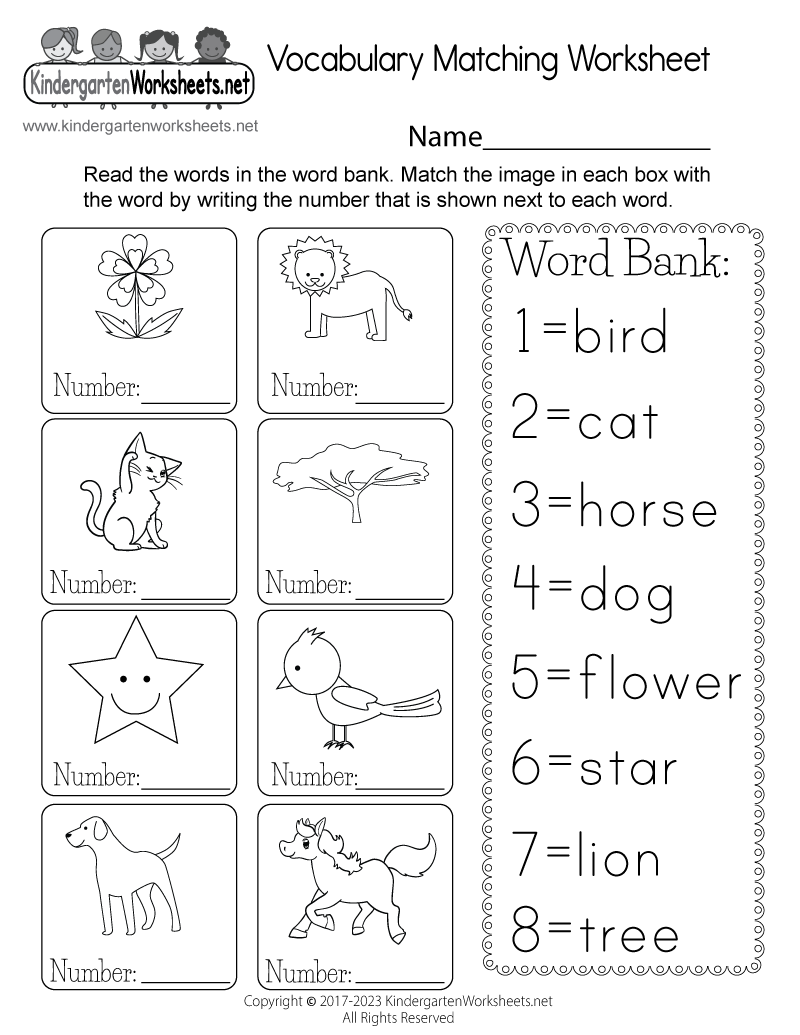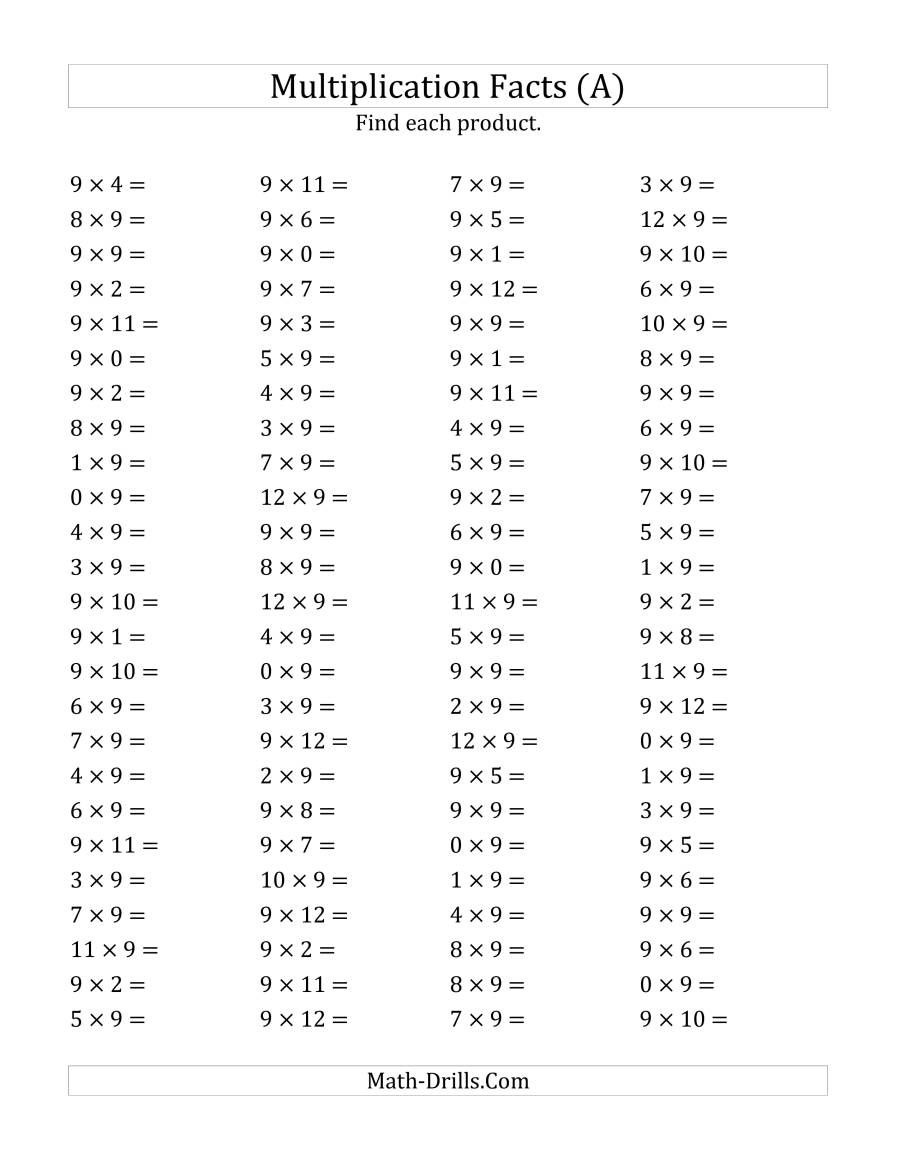7 Ways to Teach Honesty with Worksheets

Teaching Honesty with Worksheets: A Comprehensive Guide
Teaching honesty to children is an essential life skill that can benefit them in numerous ways. It helps build trust, respect, and strong relationships with others. As a parent or educator, it’s crucial to find engaging and effective methods to teach honesty. Worksheets are an excellent way to start this conversation and help children understand the value of honesty. In this article, we’ll explore seven ways to teach honesty with worksheets, along with some valuable tips and resources.
Understanding the Importance of Honesty
Before we dive into the worksheets, it’s essential to understand why honesty is vital for children. Honesty helps children develop:
- Trust: When children are honest, they build trust with their parents, teachers, and peers.
- Respect: Honesty earns respect from others, which is crucial for healthy relationships.
- Self-esteem: Being truthful helps children feel good about themselves and their actions.
- Responsibility: Honesty encourages children to take responsibility for their actions.
7 Ways to Teach Honesty with Worksheets
Here are seven engaging ways to teach honesty with worksheets:
1. Honesty Scenario Worksheets
Create worksheets with different scenarios that require children to make honest choices. For example:
- Scenario 1: “You broke your friend’s toy, but they don’t know it was you. What do you do?”
- Scenario 2: “You found money on the playground, but you don’t know who it belongs to. What do you do?”
Ask children to read each scenario and choose the honest action. This worksheet helps children think critically about honesty in different situations.
2. Honesty Charades
Create a worksheet with different honesty-related words or phrases, such as “tell the truth,” “admit your mistake,” or “keep a promise.” Ask children to act out each phrase without speaking, and their peers have to guess the correct phrase.
3. Honesty Quotes and Reflection
Provide children with inspirational quotes about honesty, such as “Honesty is the first chapter in the book of wisdom.” Ask them to reflect on what the quote means to them and how they can apply it in their daily lives.
4. Honesty Story Sequencing
Create a worksheet with a story about honesty, but with the events out of order. Ask children to sequence the events in the correct order. This worksheet helps children understand the consequences of dishonesty and the importance of honesty.
5. Honesty Word Search
Create a word search worksheet with vocabulary related to honesty, such as “trust,” “respect,” and “truth.” This engaging activity helps children learn new words and their meanings.
6. Honesty Role-Play
Divide children into pairs or small groups and ask them to role-play different scenarios that require honesty, such as returning a lost item or admitting a mistake. This worksheet helps children practice honest communication and build confidence.
7. Honesty Reflection Journal
Provide children with a reflection journal worksheet where they can write about times when they were honest or dishonest. Ask them to reflect on how they felt and what they learned from the experience.
📝 Note: Encourage children to be honest and open in their reflection journals, and remind them that it's a safe space for self-reflection.
Additional Tips and Resources
- Make it fun: Incorporate games, puzzles, and activities that make learning about honesty enjoyable and engaging.
- Use real-life examples: Use real-life scenarios or stories to illustrate the importance of honesty.
- Encourage open discussion: Create a safe and supportive environment where children feel comfortable discussing honesty and its challenges.
- Be a role model: Demonstrate honesty yourself, as children learn from what they see.
Some excellent resources for teaching honesty with worksheets include:
- Kidstown: Offers a range of honesty worksheets and activities for children.
- TeacherVision: Provides honesty lesson plans and worksheets for different age groups.
- Education.com: Offers honesty worksheets and activities for children, including quizzes and games.
Conclusion
Teaching honesty with worksheets is an effective way to help children understand the value of honesty and its importance in their daily lives. By using a variety of engaging activities and worksheets, you can encourage children to develop essential life skills that will benefit them in the long run. Remember to make it fun, use real-life examples, and encourage open discussion to create a supportive learning environment.
Why is teaching honesty important for children?
+Teaching honesty is essential for children as it helps build trust, respect, and strong relationships with others. It also encourages children to develop self-esteem, responsibility, and critical thinking skills.
How can I make teaching honesty fun and engaging for children?
+You can make teaching honesty fun and engaging by using games, puzzles, and activities that incorporate real-life scenarios. You can also use storytelling, role-playing, and reflection journals to encourage children to think critically about honesty.
What are some excellent resources for teaching honesty with worksheets?
+Some excellent resources for teaching honesty with worksheets include Kidstown, TeacherVision, and Education.com. These websites offer a range of honesty worksheets, lesson plans, and activities for different age groups.



